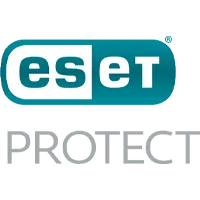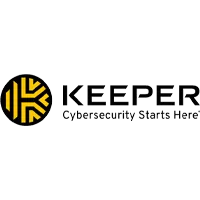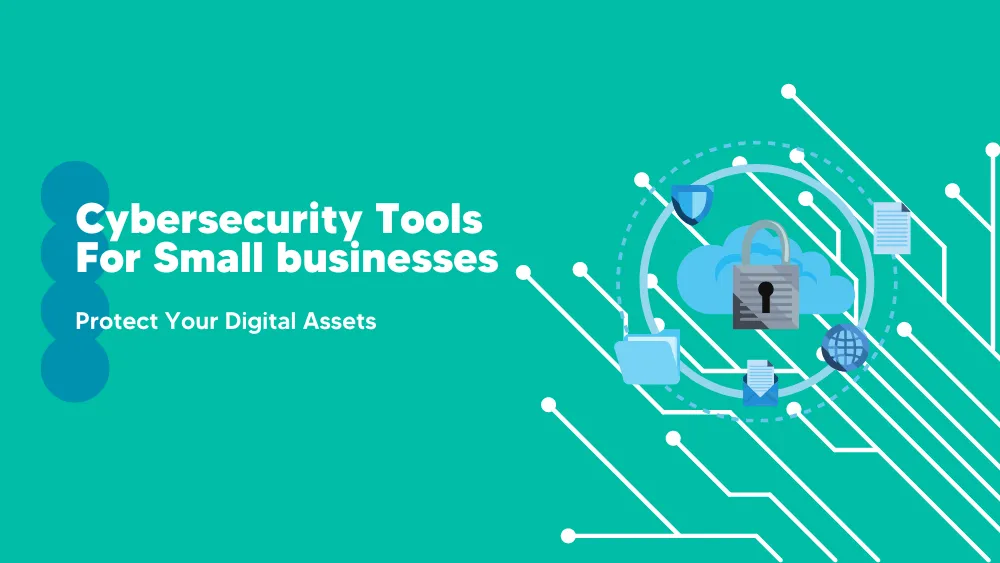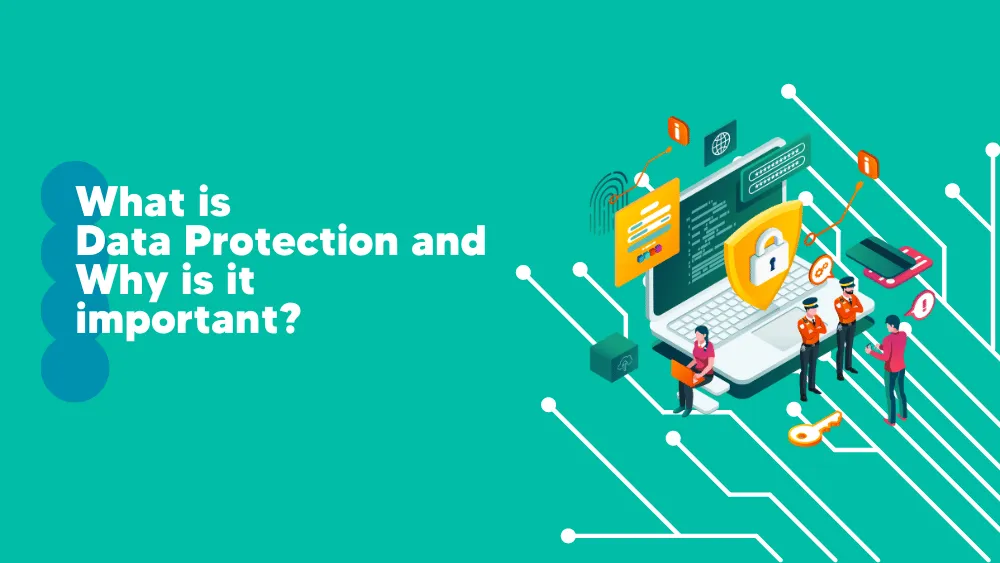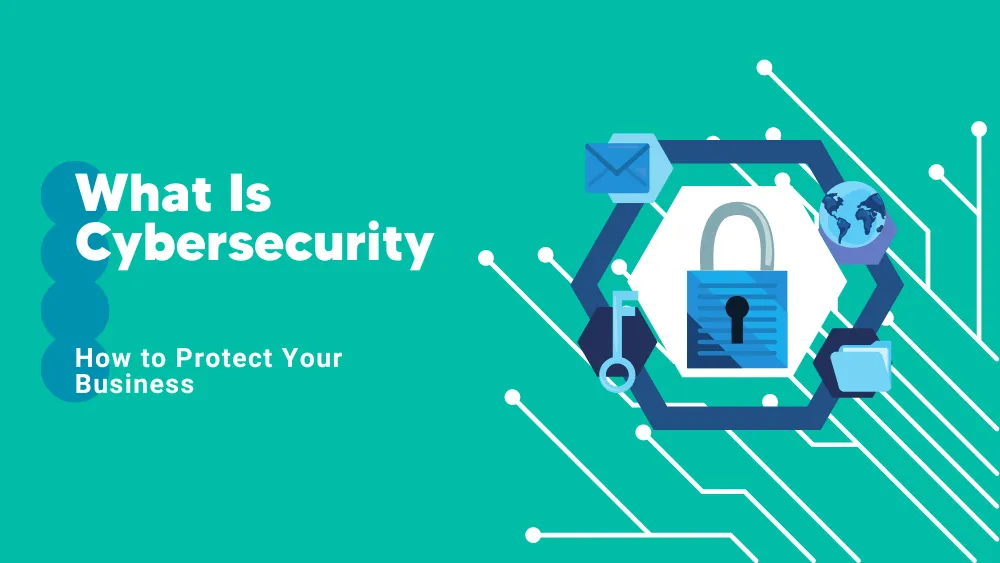
Best Cloud Security Software
What is Cloud Security Software
Cloud security software is a set of tools, protocols, and technologies specifically designed to protect data, applications, and infrastructure in cloud computing environments. Cloud computing has become increasingly popular in recent years, allowing businesses and individuals to store, access, and process data over the Internet without physical servers or devices.
Cloud security software includes various features, such as data encryption, access control, and threat detection, that work together to safeguard the cloud environment. Data encryption ensures that data is protected from unauthorized access by converting the data into an unreadable format that can only be accessed by those with the correct decryption key. Access control allows administrators to control who can access data and applications in the cloud environment. At the same time, threat detection enables real-time identification and mitigation of potential security threats.
Despite the numerous benefits of cloud computing, it also introduces new security risks that must be considered. By storing sensitive data in the cloud, businesses and individuals potentially expose themselves to data breaches, cyber-attacks, and other security threats. Therefore, implementing a cloud security tool is essential to protect data and applications stored in the cloud from unauthorized access and other security risks.
Top Software for
Compare Cloud Security Software
Cloudways
1Password
Copla
DeleteMe
ESET PROTECT Platform
Keeper Security
Passpack
ManageEngine Applications Manager
ManageEngine Device Control Plus
Key Features of Cloud Security Software
Cloud security software aims to address these risks by implementing security measures specific to cloud environments. Here are some key aspects of cloud security software:
Data Encryption: This type of tool often includes encryption techniques to encode data in transit and at rest. This means that even if unauthorized users gain access to the data, they cannot read it without the proper decryption keys.
Identity and Access Management (IAM): IAM tools ensure that only authorized users and devices can access specific resources within the cloud environment. This involves authentication methods like multi-factor authentication and role-based access control.
Network Security: Cloud security tools provide features like firewalls, intrusion detection systems, and virtual private networks (VPNs) to safeguard the cloud infrastructure from external threats.
Compliance and Governance: Cloud security solutions help businesses comply with industry regulations and standards. They offer features to monitor and audit user activities, ensuring that the cloud environment adheres to necessary compliance requirements.
Security Incident Response: Cloud security software includes tools for detecting security incidents and responding to them promptly. This involves real-time monitoring, threat intelligence, and automated responses to potential threats.
Security Updates and Patch Management: Cloud security software providers regularly update their systems to patch vulnerabilities and protect against newly discovered threats. Automated patch management ensures that security loopholes are promptly closed.
Cloud Application Security: This aspect focuses on securing cloud-based applications. Cloud security solutions often include features like application firewalls and API security to protect cloud applications from attacks.
Data Loss Prevention (DLP): DLP tools in cloud security software prevent sensitive data from being leaked, whether intentionally or accidentally, by monitoring, detecting, and blocking potential data breaches.
Mobile Device Security: As many cloud services are accessed via mobile devices, cloud security software includes measures to secure data on smartphones and tablets. This may involve mobile device management (MDM) solutions and encryption of data on mobile devices.




